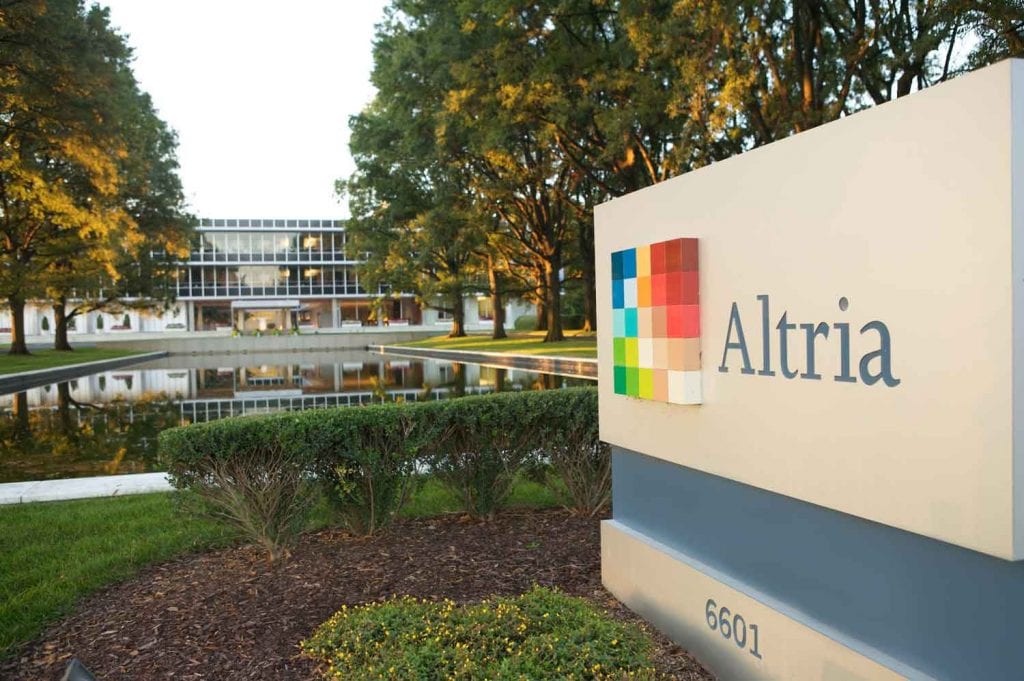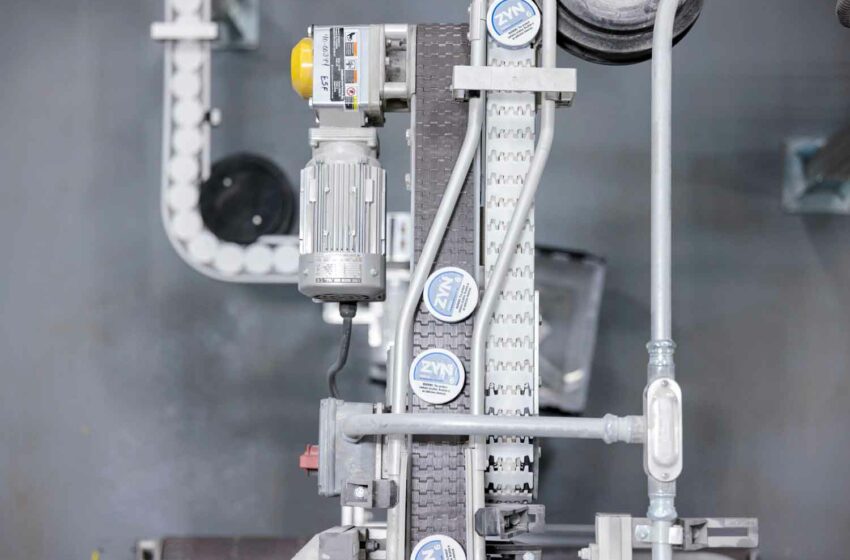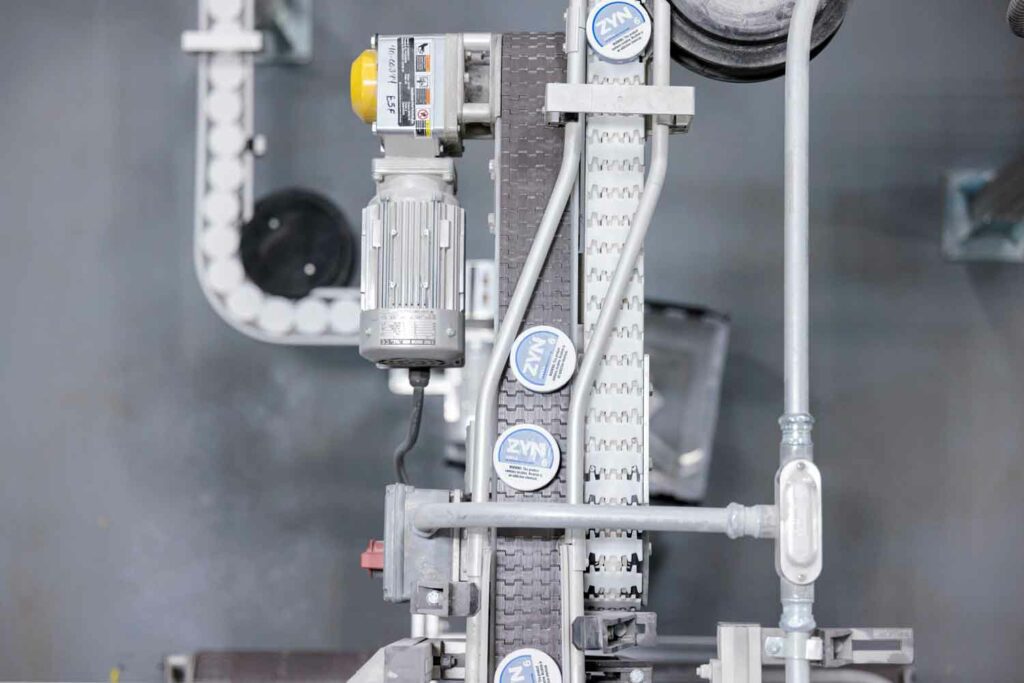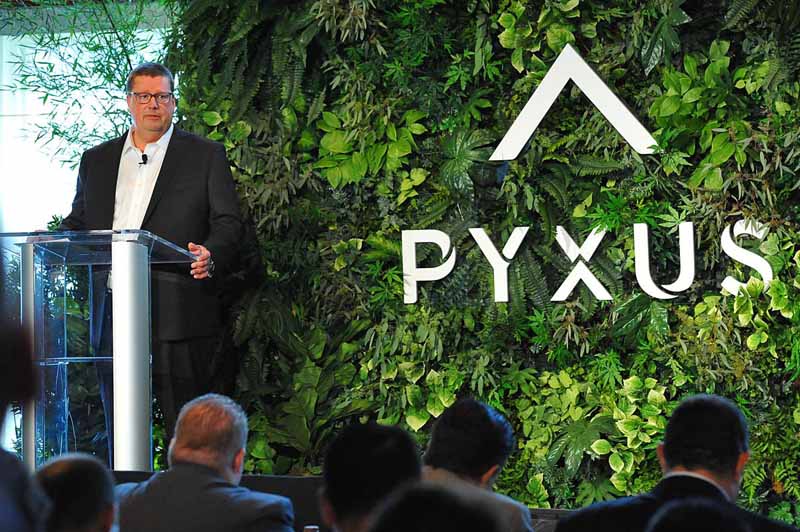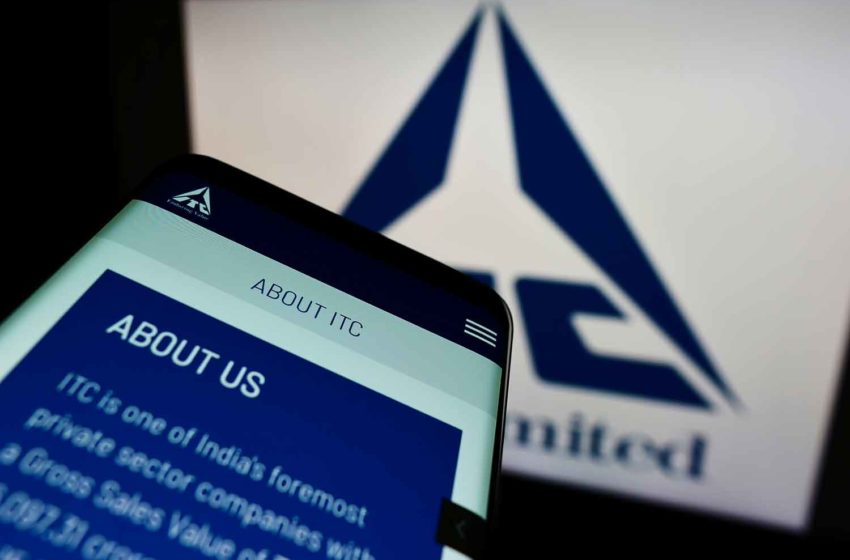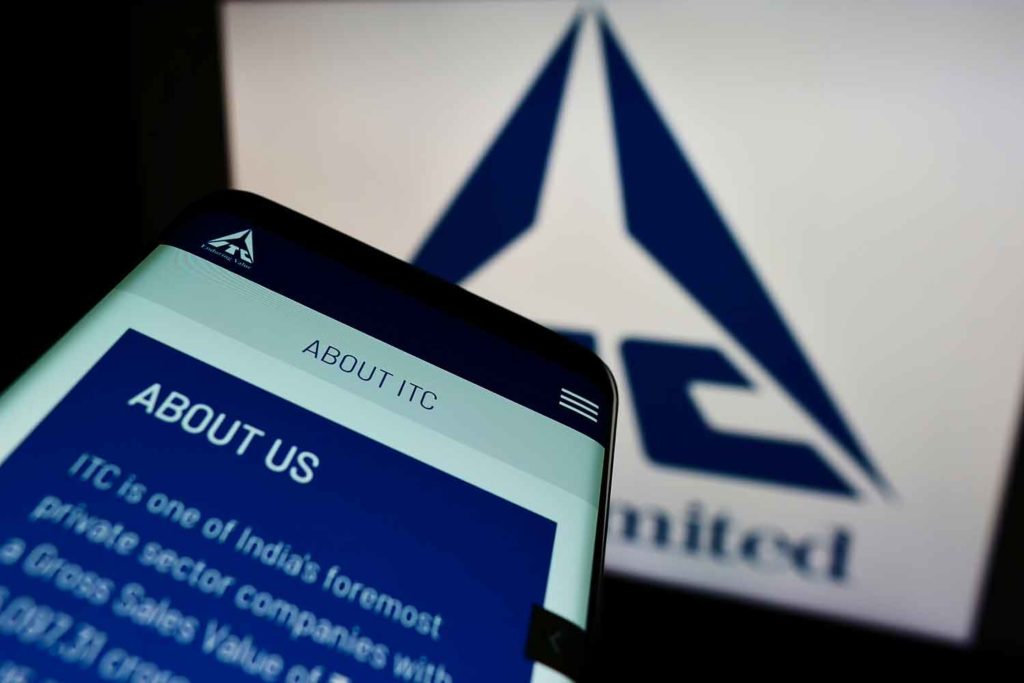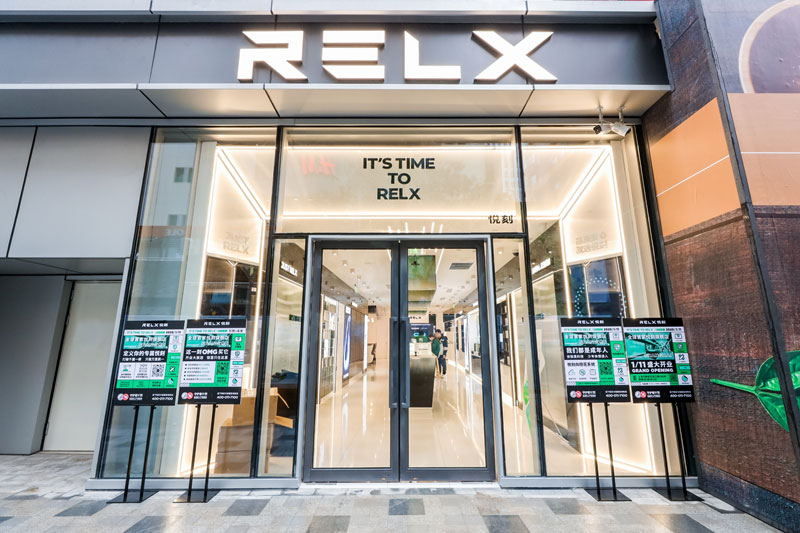
Sampoerna sold 39.9 billion cigarettes in the first semester of 2024, 3 percent less than in the comparable 2023 semester. Net income increased 3 percent to IDR57.8 trillion, but net profit was down 11.6 percent to IDR 3.3 trillion.
Sampoerna President Director Ivan Cahyadi cited a challenging operating environment. “Although economic growth is relatively stable, the purchasing power of adult consumers tends to weaken,” he said in a statement. “The challenges of the tobacco industry are also added by the pressure of double-digit excise rate increases far above the inflation rate, and the widening gap in excise rates between segments.”
Rising taxes combined with declining consumer purchasing power has prompted many Indonesian smokers to shift to lower-taxed cigarettes or illicit offerings. According to Sampoerna, the “Below Volume Tier 1” segment has doubled since 2017 to claim 44 percent of the cigarette market.
“Moving forward, we hope that the government continues to issue a multi-year tobacco excise policy based on clear economic parameters, like inflation rates, as well as considering adult consumers’ purchasing power, to create a conducive and sustainable business and investment climate combined with the continuous effort to combat illicit cigarettes,” said Cahyadi.
“In addition, the government is also hoped to continue implementing policies that will support the continuity of the labor-intensive segment such as hand-rolled kretek cigarette (SKT) and halt the acceleration of downtrading to optimize government revenue from tobacco excise.”
Cahyadi also emphasized the importance of a balanced excise policy based on risk profiles to support innovation in the tobacco industry.
In 2023, Sampoerna invested more than $300 million in smoke-free products factory in Karawang, West Java.
Earlier this year, the company opened third-party operator factories in Jaten, Central Java and Dander, East Java.
Throughout the first semester of 2024, Sampoerna employed, directly and indirectly, more than 90,000 people, of which around 90 percent are working in the labor-intensive SKT segment.


